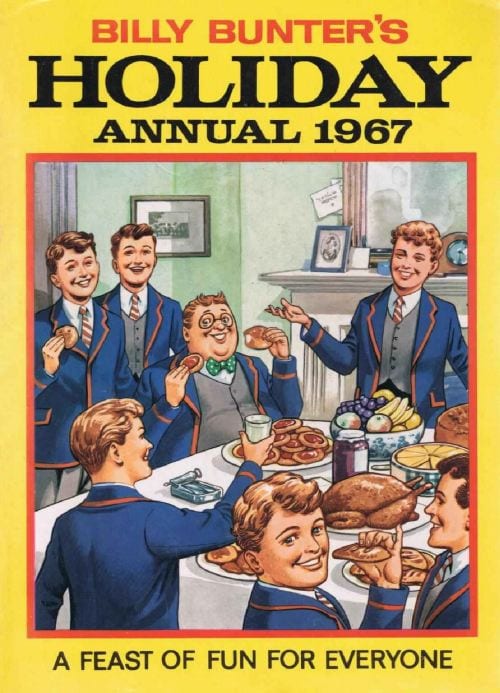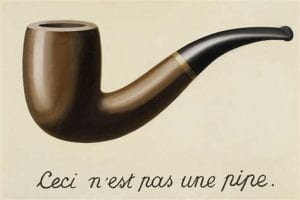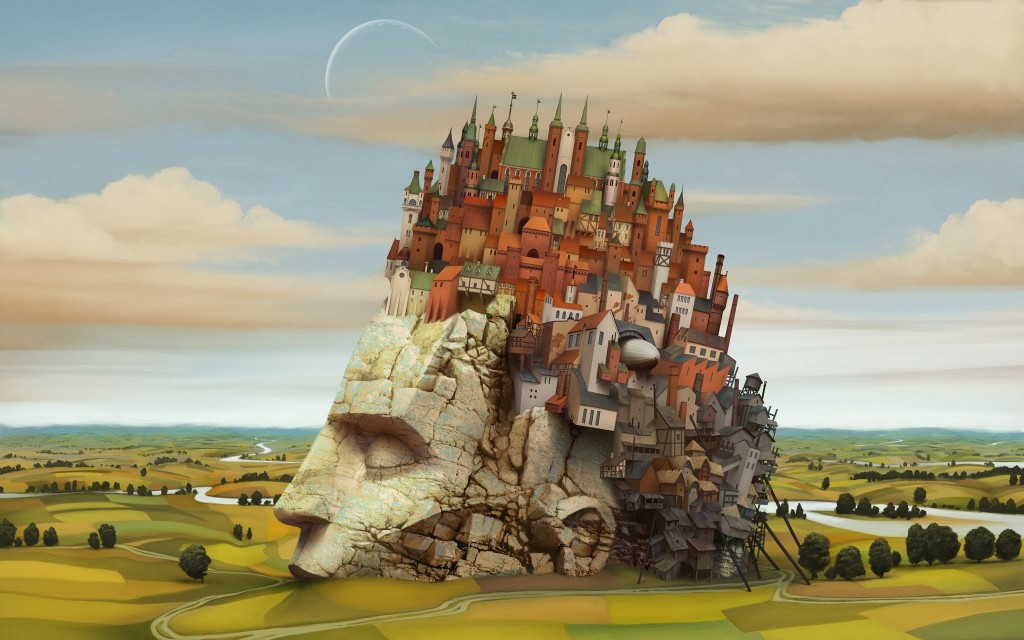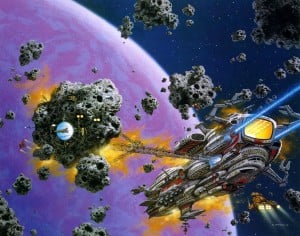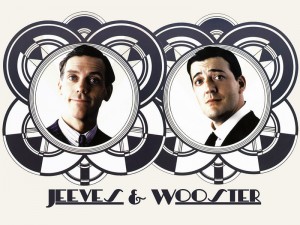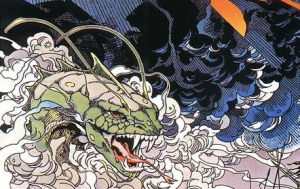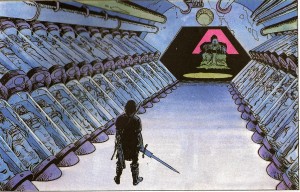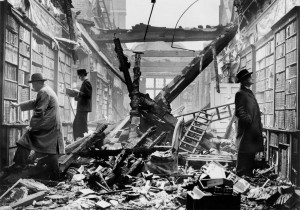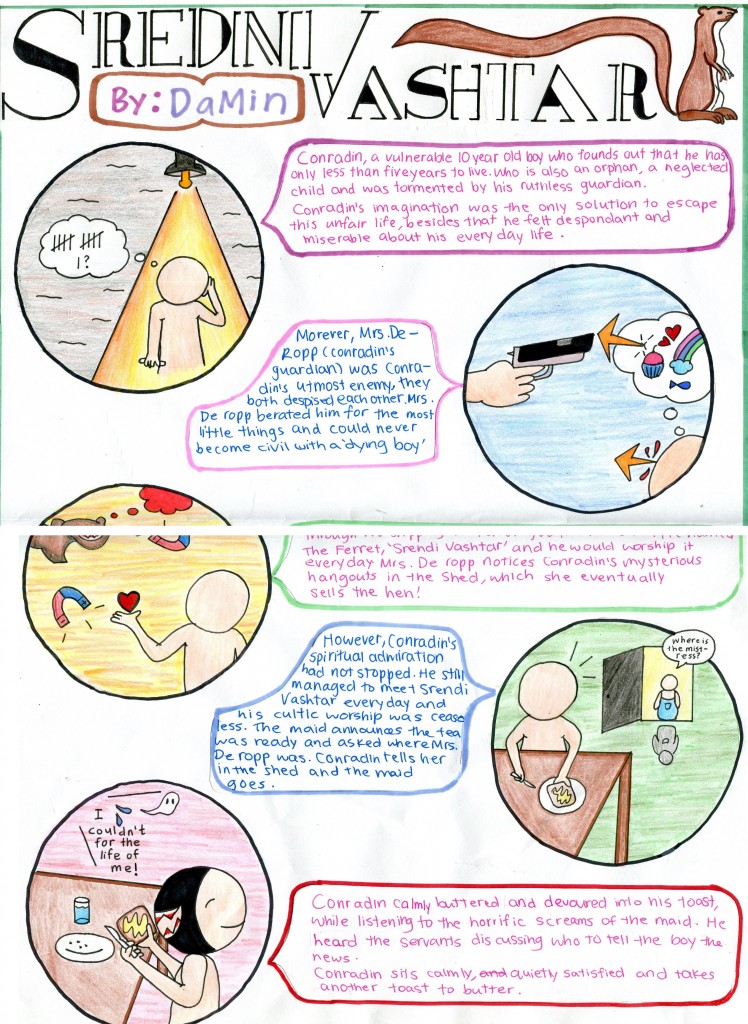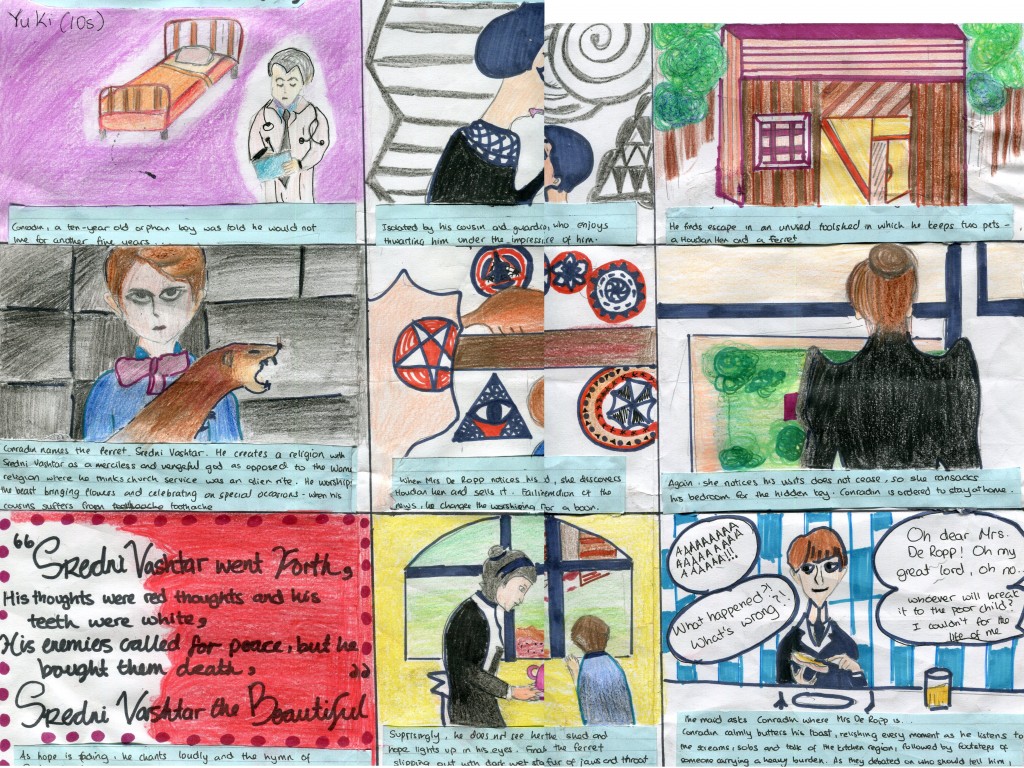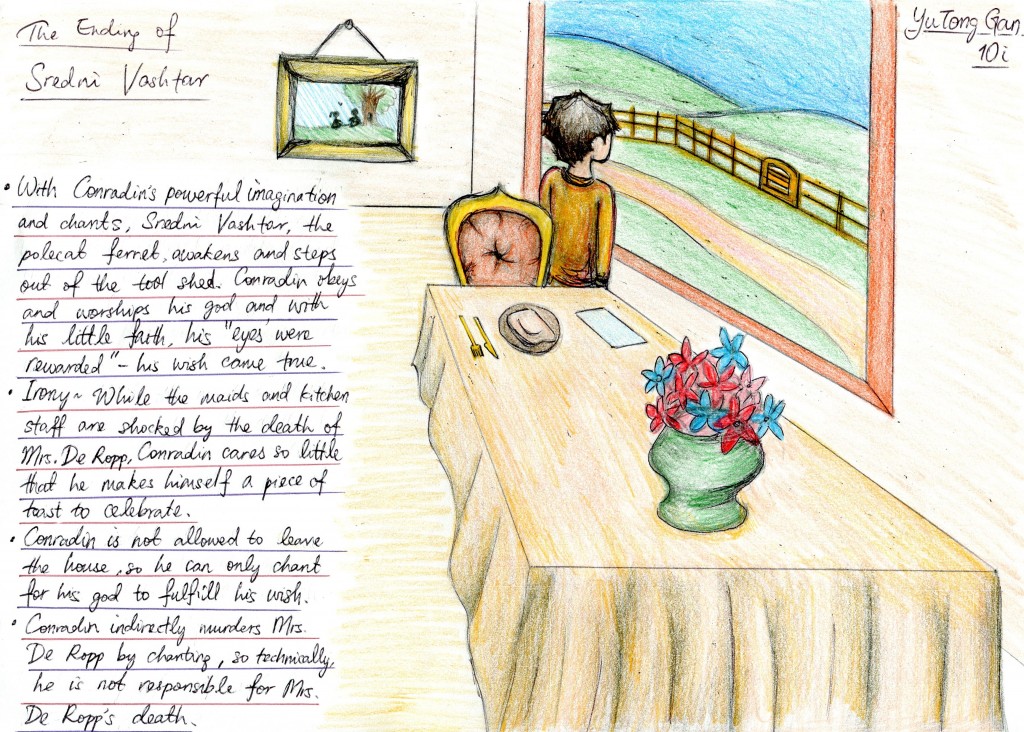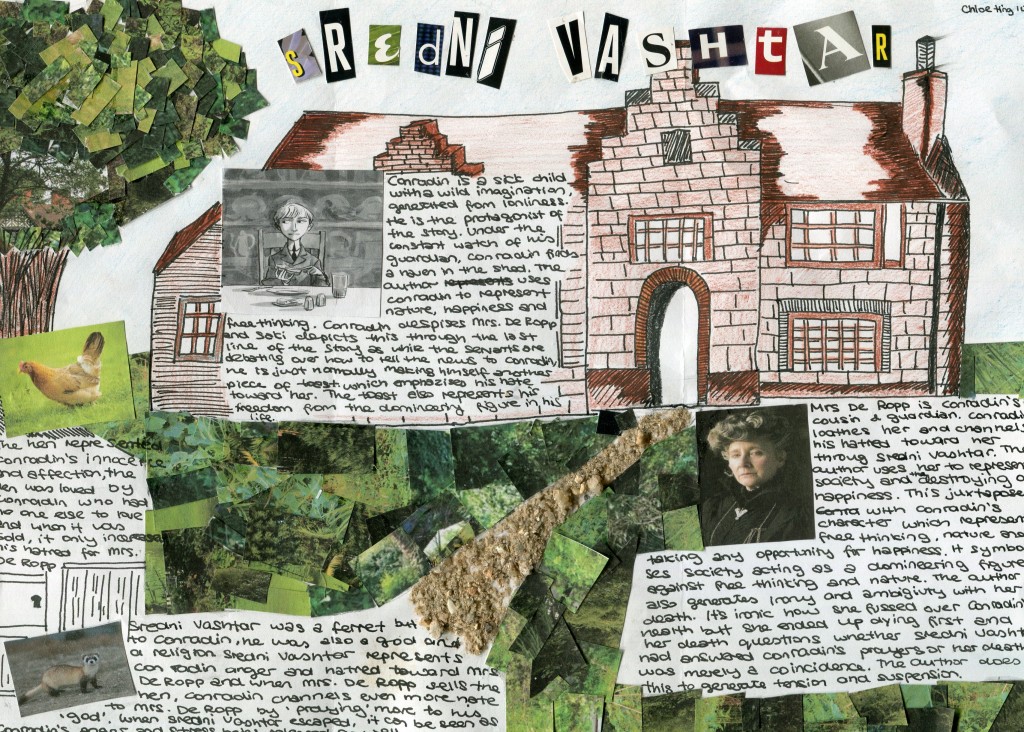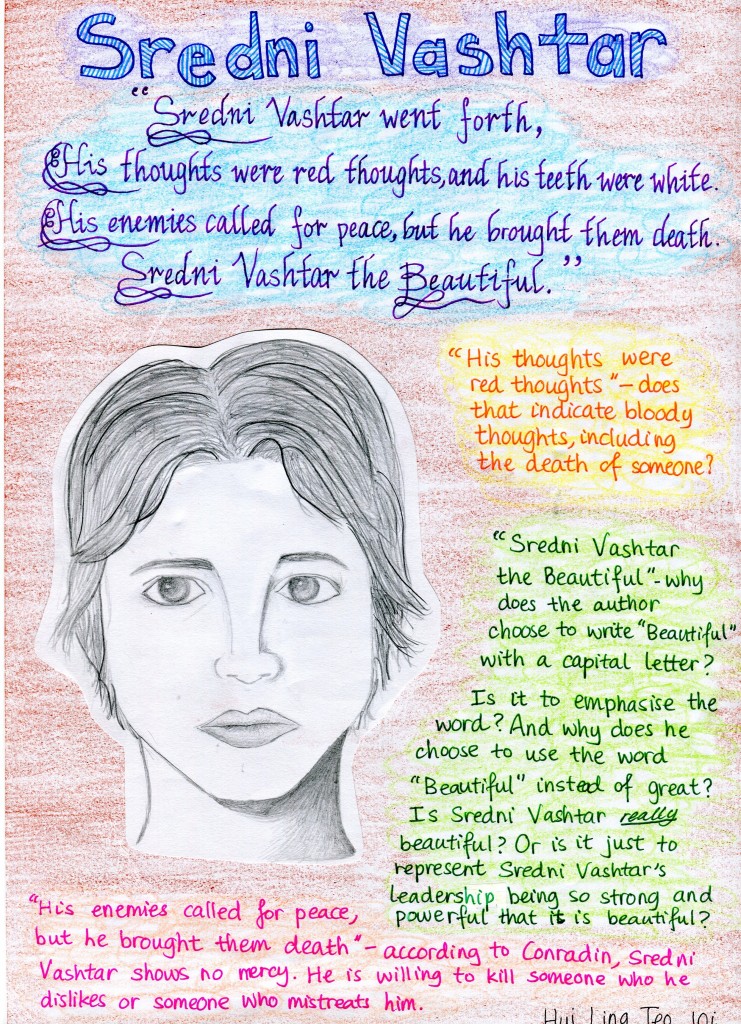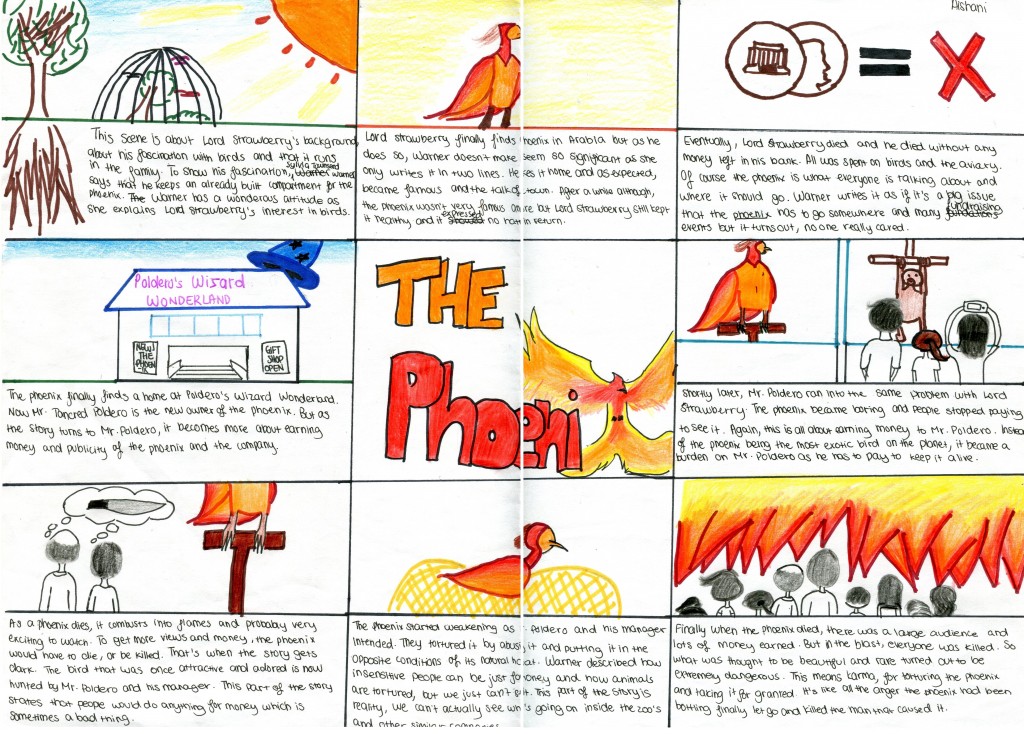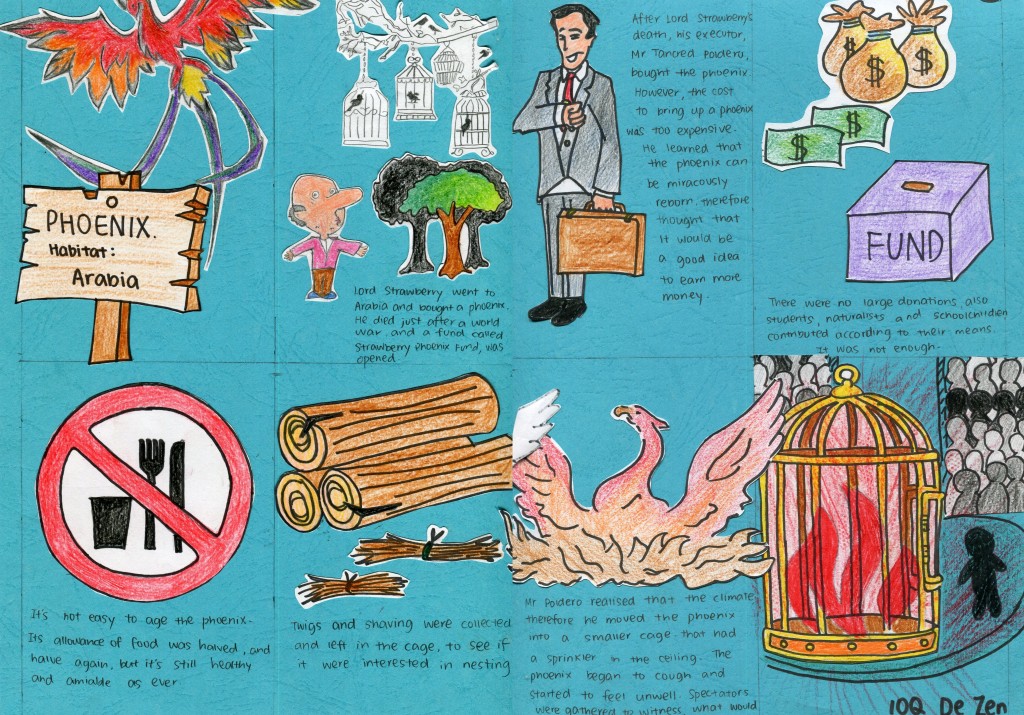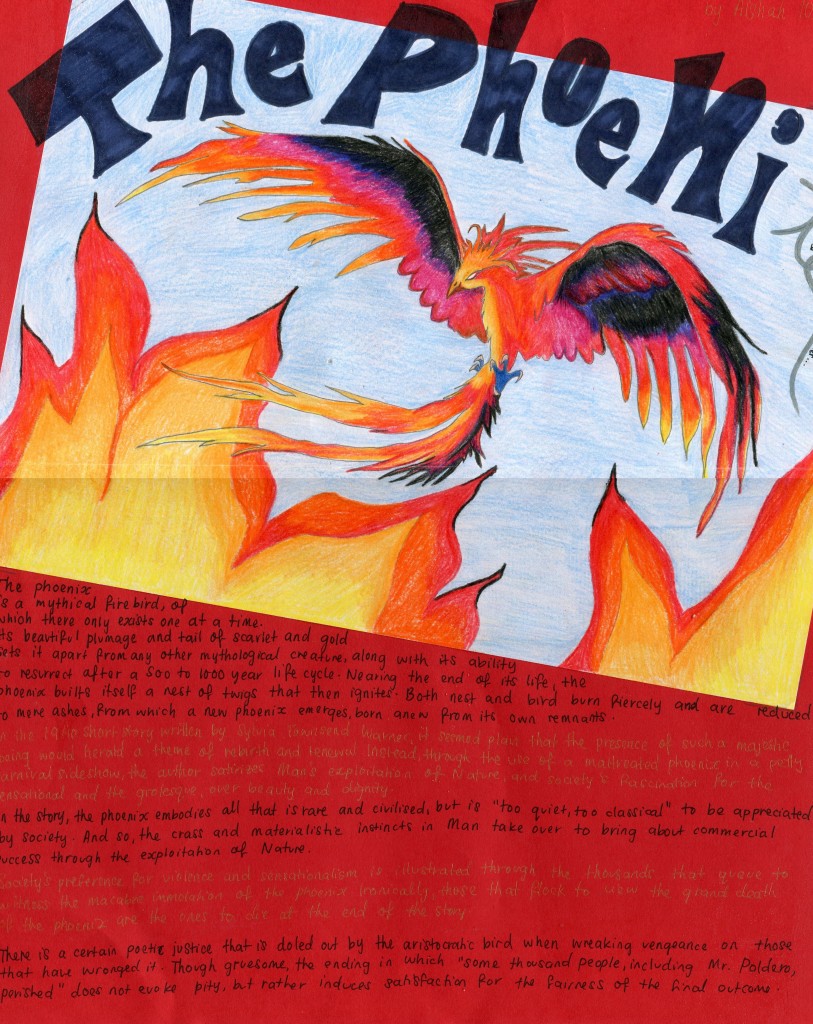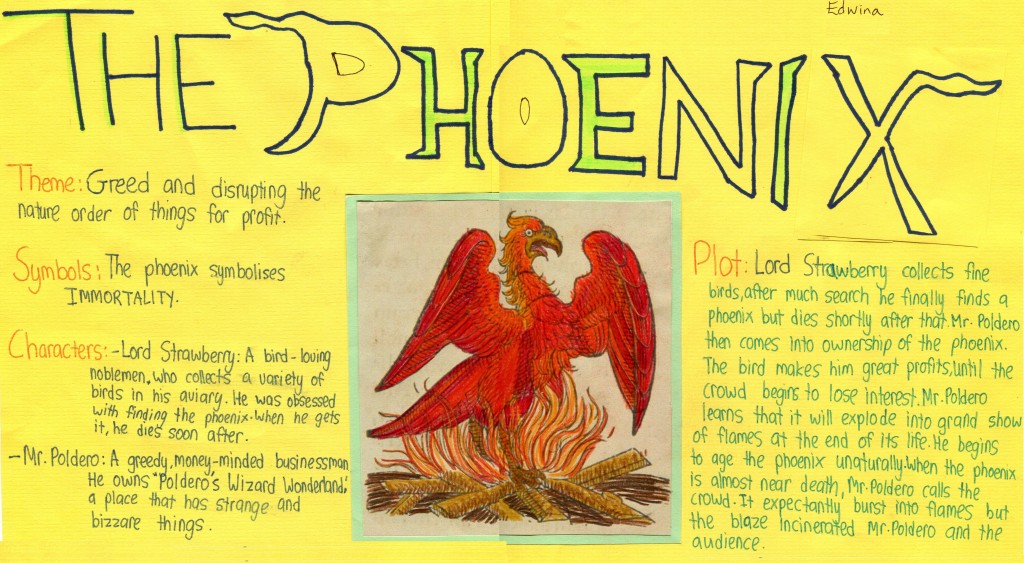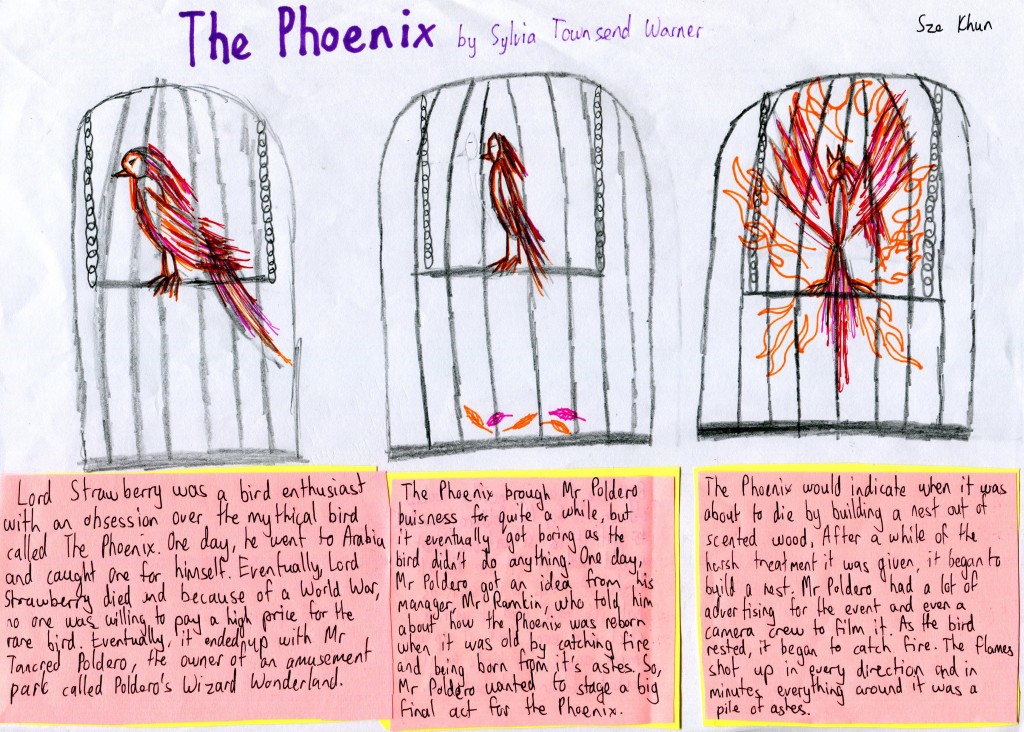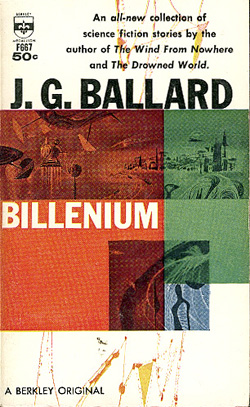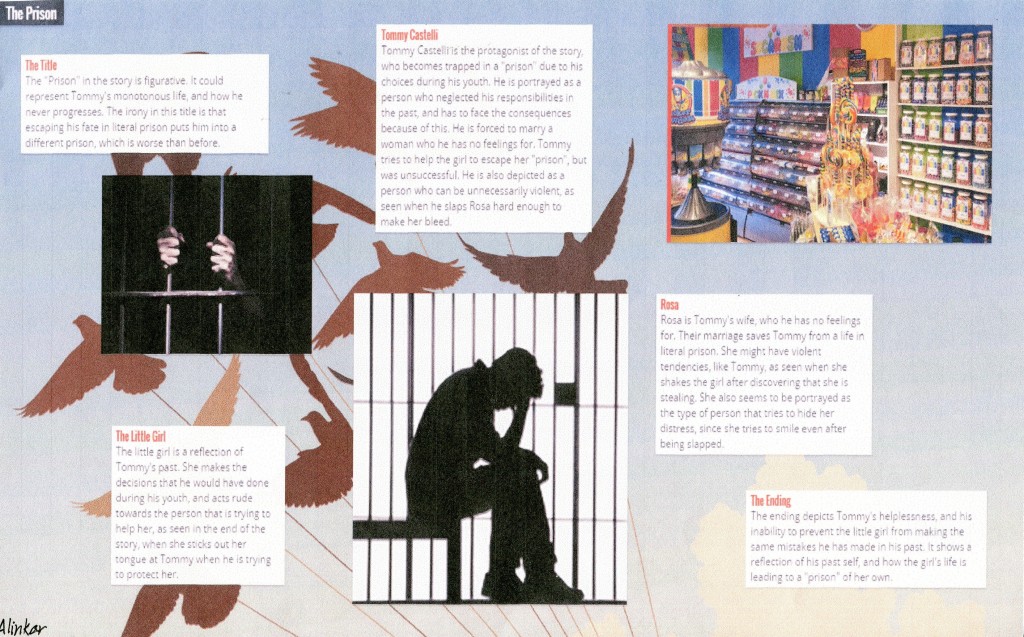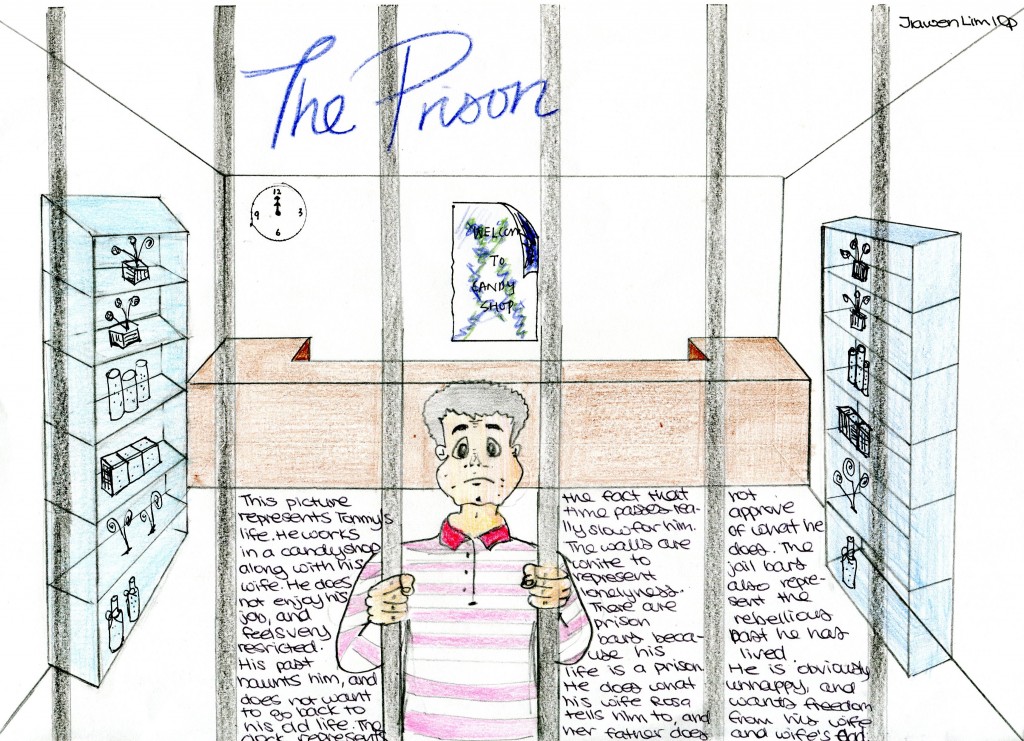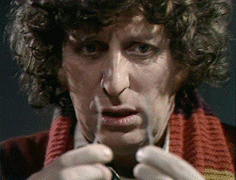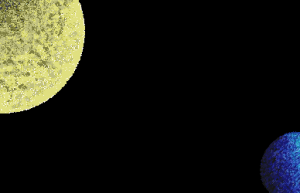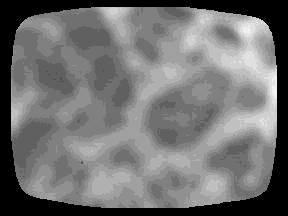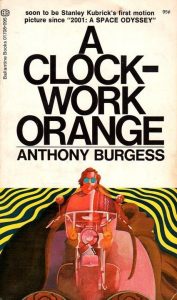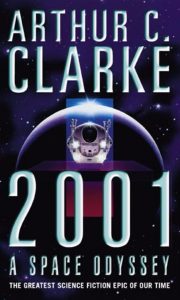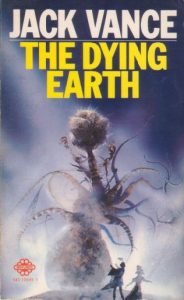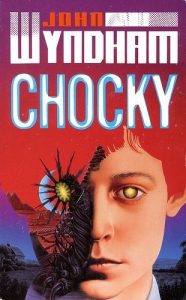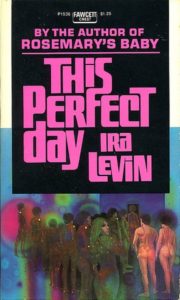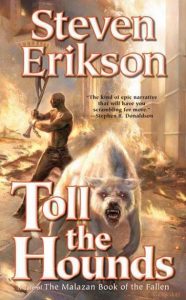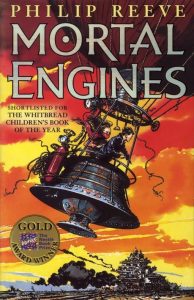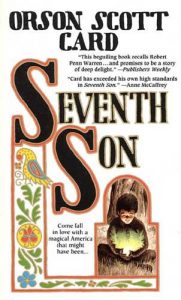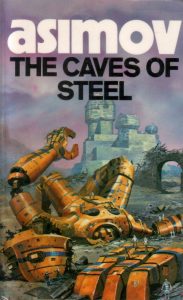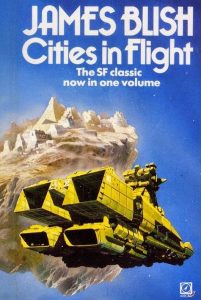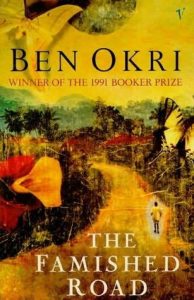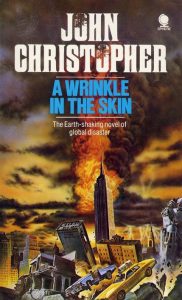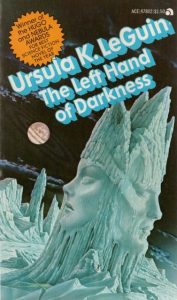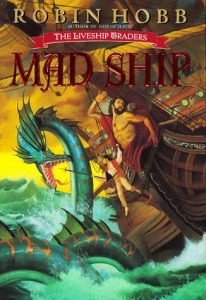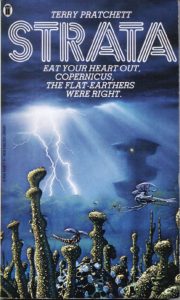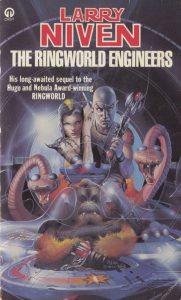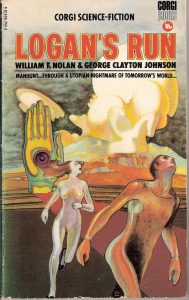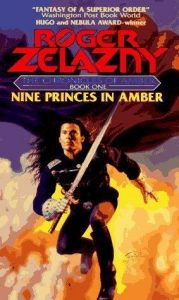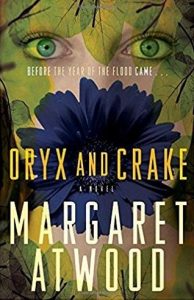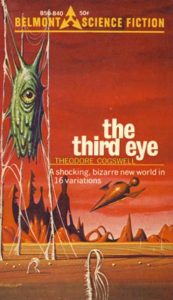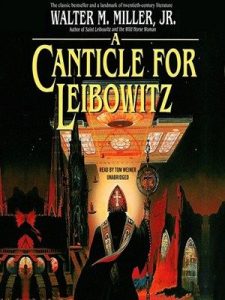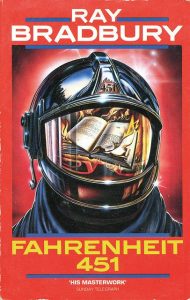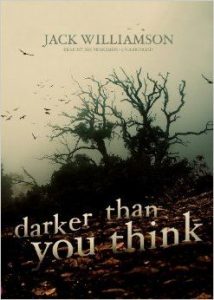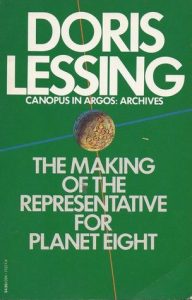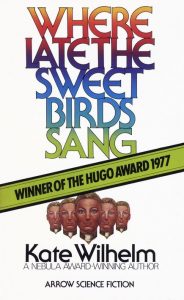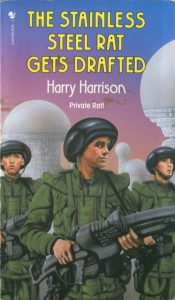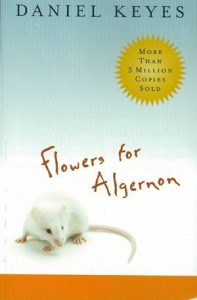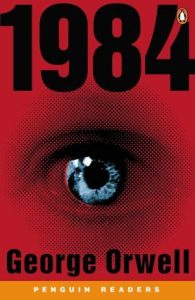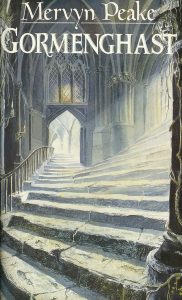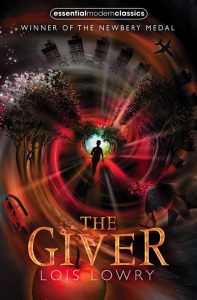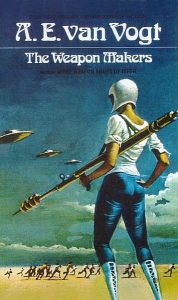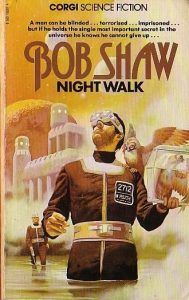When looking at any text (poem, short story, novel excerpt, holiday brochure etc), look first at the title. In this case ‘Lord of the Flies’ (Baal-ze-Bub, later Beelzebub) is indicative of evil. This hints at the topic of the narrative.
As the story opens, it seems similar to Coral Island – jolly good fun with no adults to spoil it! The boys sound like quaintly old-fashioned English school children from 1950s books and magazines (with one exception). Nothing an author does is accidental. Here, Golding explores the difference between expectation and reality. Will the boys build their utopia? Will their ingenuity get them rescued? Will they have lots of fun in the meantime?
The island (on which the boys find themselves) is, in a sense, a microcosm of the world. Each boy is a person in his own right but also represents character types. We have the well-meaning, charismatic but not very clever or successful leader, the natural victim (who is intelligent, but ignored because he is of a lower social class and less physically attractive than others), the warlord/gang boss, the henchmen, the mystic and so on. We also see how the desire for an easy life and simple answers can lead to ruination. The story has real life implications – it is allegorical (like parables or fables).
“…is indicative of…” is a great IGCSE style expression. It sounds much better than repeatedly saying “…tells us that…”
narrative = story
narrator = story teller
narrates = (verb) tells the story
topic = one word (e.g. Power)
theme = a ‘truth claim’ about the topic (e.g. Power corrupts)
message (the ‘moral’ of the story) = how we should respond (Don’t be corrupted by Power)
micro = a smaller version of something (e.g. the family is a microcosm of society)
macro = a larger version
charismatic = having a ‘magnetic’ personality (one to whom others are drawn)
